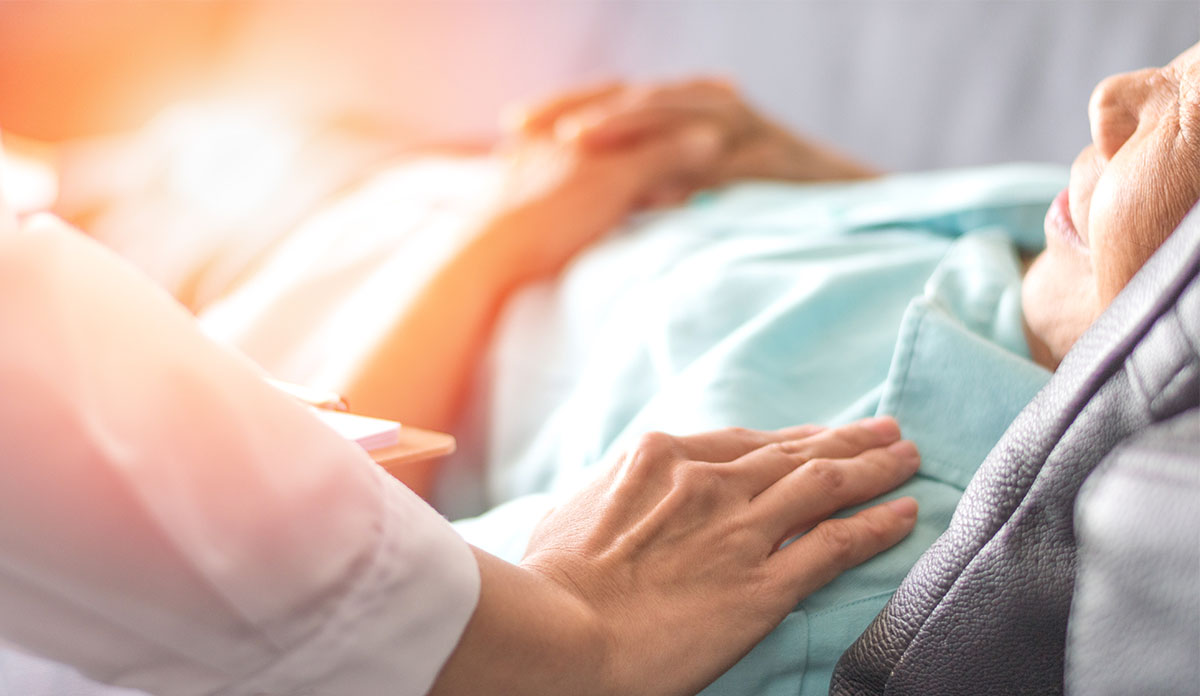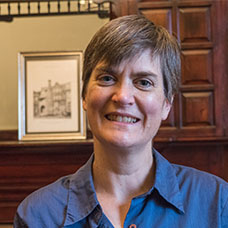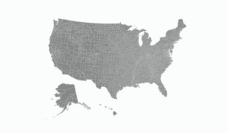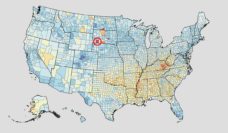Seven out of ten Americans say that they wish to die at home, construing it as a “good death,” an opportunity to be surrounded by loved ones. More and more people, especially white people and those dying of cancer, are successful in attaining this desire. Home deaths surpassed deaths in hospitals in the United States in 2017 for the first time since the early twentieth century. However, dying at home without proper support can lead to more stress and less peace, the opposite of what is intended.
While many Americans wish for a death at home, the living feel uncertain about how to create a ritually satisfying experience. As a result, immigrant home care workers find themselves helping families manage the dying process, even though it is not part of their official job description. Home health aides are normally considered “unskilled” workers. Yet many report taking charge during harrowing moments, because families were at a loss as to how to create a meaningful death.
Home health aides are normally considered “unskilled” workers. Yet … families [are] at a loss as to how to create a meaningful death.
Take the Smith family (a pseudonym). Early one morning, Jacob Smith’s wife died suddenly. Unsure of what to do or how to help her grieving father, his daughter Lucy asked her mother’s care worker, Caroline, an immigrant from Ghana, to come over. Lucy described how she spent the next three hours in prosaic activities, waiting for the doctor to sign a death certificate, making arrangements for the funeral, and calling neighbors and friends. Meanwhile her father was weeping, holding her mother’s hand. Then Caroline arrived, sat next to Lucy’s father on the floor, held his hand, and told stories about her mother. Lucy later said to me, “I couldn’t have done that, but she did. … She just understands; she is so sensitive.” For the Smiths, Caroline was the only one able to console Jacob that difficult morning.
The Smiths are far from alone. In many American families, most deaths have occurred in institutional settings for decades, where medical authorities organize the dying process. In deaths at home, home health aides often step in to help create a ritual space or sense of communion between the dead and the living. One quarter of home health aides are born outside the United States, and they draw both from their experiences in their home countries as well as their work experiences to improvise meaningful deaths at home.
After the death of his father, a son described how his father’s Sierra Leonean care worker asked him to help bathe his father’s body. “It was a gift to wash him,” the son told me, allowing him to pay respects to his father. In another death, Gifty Thompson, featured in my short film, described calming a grief-stricken son, allowing his father to pass away more peacefully.
Home health aides are not recognized or rewarded for such work. Their hourly median pay nationwide was $12.15 an hour in 2019 ($25,280 per year). Agencies charge families twice as much, making home care affordable only to the wealthiest households. Work is inconsistent for home care workers, as a case can end quickly, prompting weeks of unemployment or underemployment.
To accommodate patients’ wishes and to reduce costs, hospice services are increasingly provided at home, rather than through residential facilities. At-home hospice programs provide less support for daily care than do hospice residential facilities, with hospice nurses making only periodic, short visits and otherwise available by phone. There is little help with everyday care like lifting and bathing. So families who can afford to do so also employ a home health aide to meet the physical and emotional needs of the person who is dying.
Family caregivers can be easily overwhelmed by the messy process and complicated care of a relative’s dying. For the wealthiest families, home health aides fill in the gaps. A home health aide from Jamaica said she would call a relative to visit with her patient during an hour of alertness. “I’ll take the bad time,” she said.
The desire to allow deaths at home is worthwhile, but more support is needed to enable good home deaths. Home health aides fill critical gaps with emotional and practical support. However, they are undervalued given the level of skill they demonstrate, and their assistance remains largely limited to wealthy families who can purchase their care. In order to support dying at home, hospice programs and Medicare need to recognize the support that families need to create a good death, and the critical role that home health aides play in mediating families’ and patients’ experiences.
Photo via Getty Images














